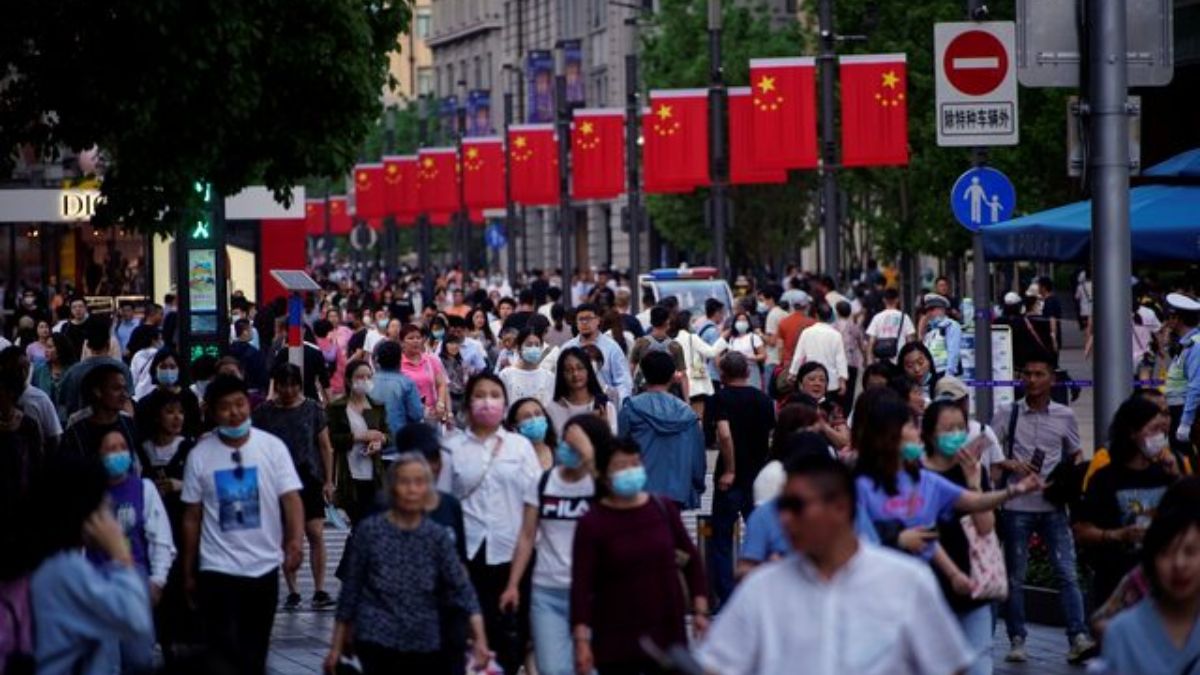In the latest step to revive the sluggish economy, China on Friday announced a $1.4 trillion (10 trillion Yuan) package.
The package was announced at a time when China is struggling to boost economic growth. In the last quarter, the Chinese economy grew by 4.6 per cent, which was the lowest since March 2023. This year, China is expected to miss the target of 5% annual growth.
The bailout package, announced by Finance Minister Lan Fo’an and approved by Standing Committee of the National People’s Congress (NPC), is aimed at addressing the unsustainable debt of local governments and refinance it. This is the latest in the series of steps China has taken to tackle the slowing economy.
In recent months, China has cut lending rates, eased cash reserve requirements at banks to spurt lending, and announced multiple rounds of stimulus packages.
Beside announcing the $1.4 trillion (10 trillion Yuan) package, the NPC also raised local government’ debt ceiling to 35.52 trillion yuan, allowing them to issue 6 trillion Yuan in additional special bonds over three years to swap hidden debt, with the option of tapping into another 4 trillion Yuan fund in new special local bond quota over five years, according to Bloomberg.
This is the first time since 2015 that China has raised the debt ceiling of local governments in the middle of the year, as per the outlet.
Finance Minister Lan said the decision was “a major policy decision taking into consideration international and domestic development environments, the need to ensure the stable economic and fiscal operation, and the actual development situation of local governments”, as per the ouetlet.
Lan estimates the decision can save around 600 billion Yuan in interest payments over five years, making space for resources to boost investment and consumption.
In recent years, the Chinese economy has been struck by the collapse of its real estate sector and ballooning debt of local governments. While the debt was already very high before the Covid-19 pandemic on the back of debt-driven growth, it increased further during the pandemic.
Impact Shorts
More ShortsThe bailout package also comes days after Donald Trump won the US presidential election. While China and the United States have been locked in a trade conflict for years, Trump is expected to ramp it up. While President Joe Biden also imposed severe tariffs and trade barriers, Trump has said he could impose blanket tariff of 60 per cent or higher on all Chinese goods.
Experts have said that the $1.4 trillion package would not be enough and more funding could be announced in December when the Central Economic Work Conference is held, according to The New York Times.
)